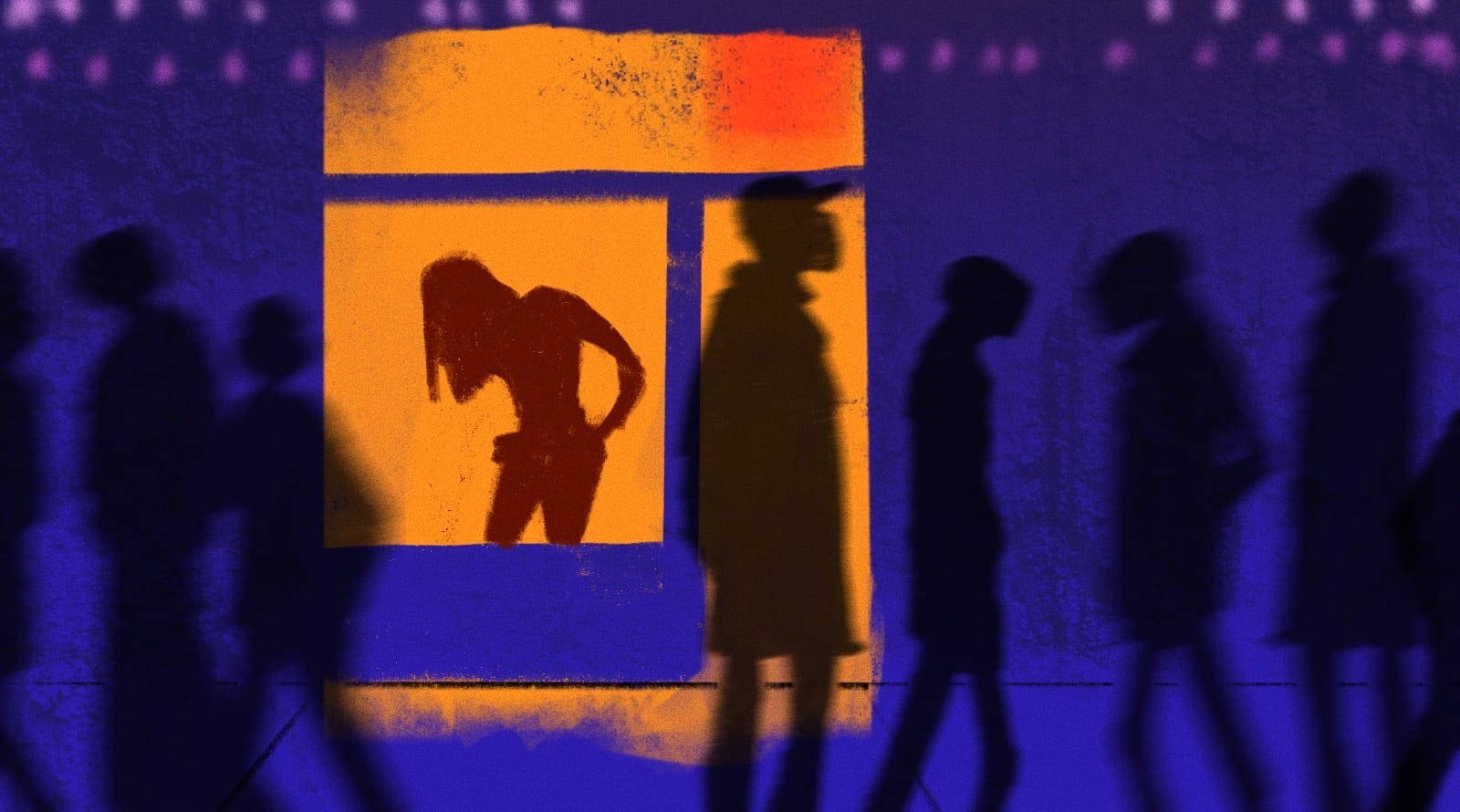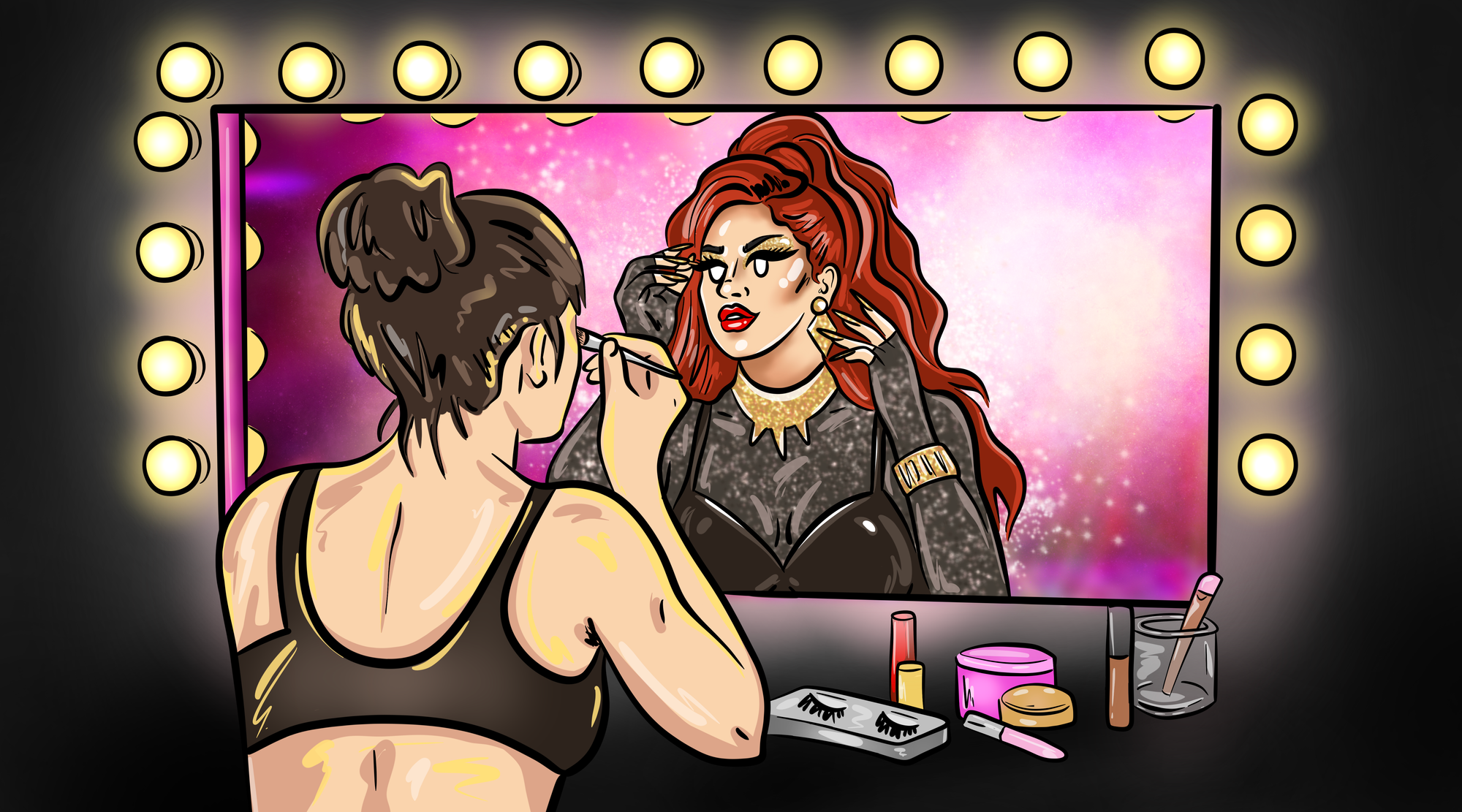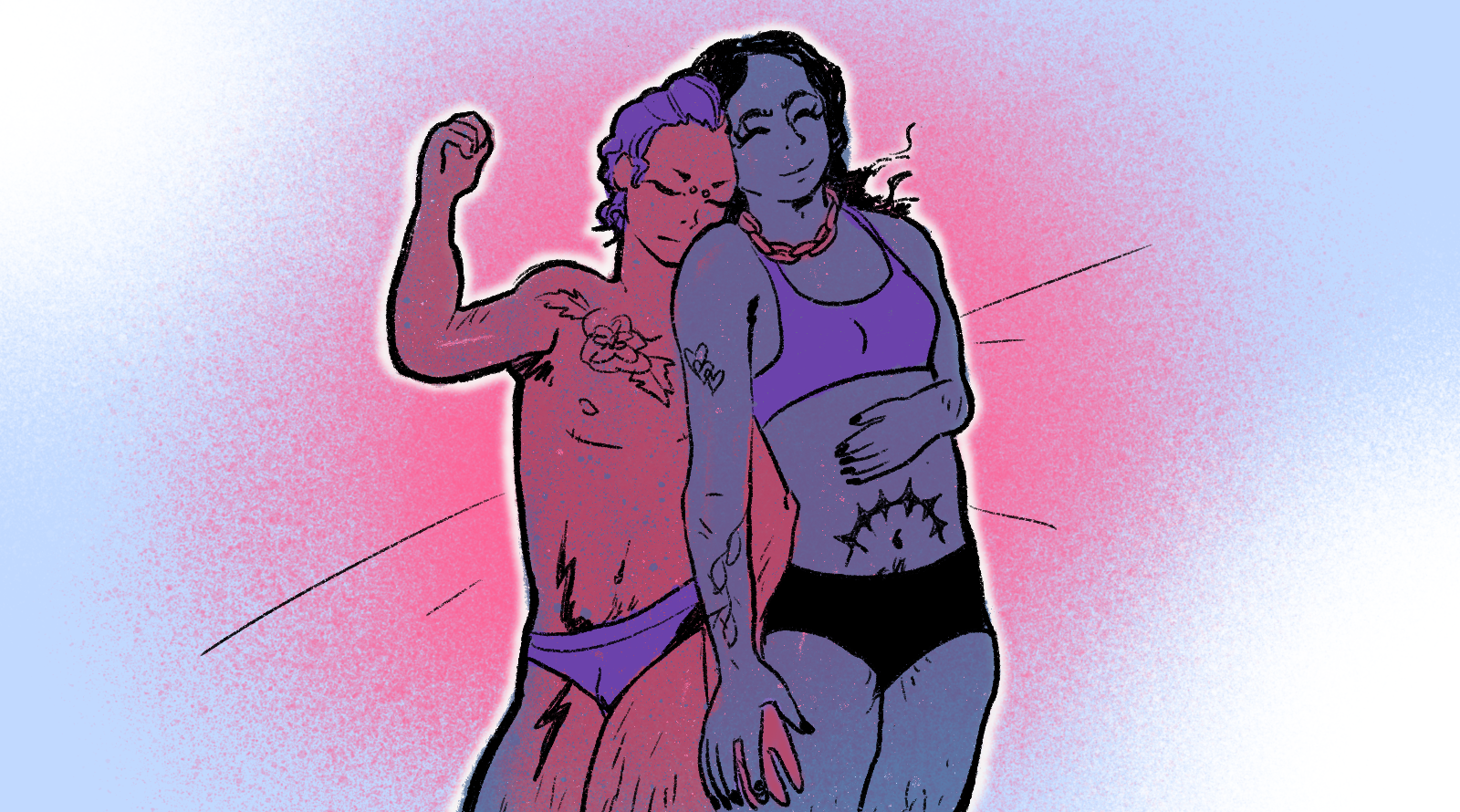You have to look no further than The Netherlands to see how legalisation harms sex workers. Hailed as a ‘progressive’ society where sex workers are respected so much ‘it’s even legal there!’, it is anything but.
Before I dip into this in depth, please read up on why sex workers themselves want DECRIMINALISATION, not legalisation.
As is adeptly put in ‘Revolting Prostitutes’, a Marxist view on sex work labour laws, legalisation is akin to being tolerated, rather than celebrated. Under the legalisation model many of our most marginalised workers are still ‘banned’ from the industry, leading their work to be forced further underground and them taking higher risks in their survival sex work.
The Netherlands has some of the most bizarre and punitive laws with regards to sex work and how you may conduct it. Workers are banned from hiring a venue, be it a hotel room for incalls or a dungeon for BDSM play, because under Dutch law anywhere where sex work takes place must have a ‘Brothel Licence’.
This means sex workers are automatically on the back foot because we require our clients to not only pay our fee, they need to pay for a venue too. As you can imagine, this cuts out a large chunk of our working class clientele, and subsequently a large chunk of our income. A way to circumnavigate this issue is to see clients at their homes, but this strips a robust layer of safety away from workers, because of course if anything goes wrong, it's much easier to alert hotel staff than it is someone's dismissive neighbours.
You have to look no further than The Netherlands to see how legalisation harms sex workers.
Often workers decide a more robust vetting procedure could allay some of that danger, however clients nervous for their privacy are often so turned off by this that they refuse the booking all together. Once again, this removes a large chunk of clientele who may live in house shares or with elderly family they care for.
So what are the other options? You only have one. Window work.
In Amsterdam’s Red Light District, workers stand or sit in full length windows, hoping to entice passersby into purchasing services. Without bringing the whorearchy into this (as I am FIRMLY against it), this method can be uncomfortable for workers who are much less used to being so exposed and having to engage people who aren't actively seeking services. It adds an extra layer of difficulty for neurodivergent or disabled workers who communicate differently.
With Window Work, a fresh set of problems arise, one of the greatest being the saturation of services offered in that area, which means rates are forced much lower. Often much lower than workers are comfortable offering services for, but it becomes impossible to ‘justify’ your rate because of this. How do you argue with a client your services are worth the rate you're comfortable with when many will say, ‘No problem, I'll just go to the Red Light District where rates are lower’.
For survival workers this can bring up uncomfortable and difficult situations. If we stick to our guns we may get the odd client who is happy to pay, but absolutely not enough to cover Amsterdam’s sky high rents and living costs consistently. We are often left having to forgo the working conditions that made us feel comfortable, that we entered the industry on the condition of, and having to accept compromises on these just so we are able to survive in late stage capitalism.
As is always the case under capitalism, it's the marginalised folks: queer, disabled, immigrants, and so on, that take the brunt of the unfair working conditions. With savings you may be able to survive doing the more ‘fun’ bookings, but without that, and with the excessively punitive laws, marginalised workers are forced into the working conditions offered in The Windows even if they may find this way of working difficult.
As is always the case under capitalism, it's the marginalised folks: queer, disabled, immigrants, and so on, that take the brunt of the unfair working conditions.
Far from belittling Window Work, my one wish is all workers being able to determine their own working conditions. Decriminalisation, as proven in New Zealand, has shown workers can decide their conditions, boundaries and limits under that model. Legalisation limits and often punishes the workers by forcing them into a very narrow set of conditions that don't work for the very varied array of people that are doing sex work.
Beyond this, societal attitudes in The Netherlands also make surviving as a sex worker more difficult. We are only tolerated, very rarely accepted. Everyone knows we exist, but they don't want it ‘in their faces’. This shows legalisation does nothing for stigmatisation of our community.
In spite of these conditions, though, worker led initiatives like The PIC and Amsterdam Centre for Sex Workers are a lifeline to us, helping foster the community and support that is needed for the health and wellness of all workers. I'm so grateful for these services but can comfortably say The Netherlands has a long way to go in fully supporting its sex workers.
Are you a sex worker with a story, opinion, news, or tips to share? We'd love to hear from you!
We started the tryst.link sex worker blog to help amplify those who aren't handed the mic and bring attention to the issues ya'll care about the most. Got a tale to tell? 👇☂️✨





